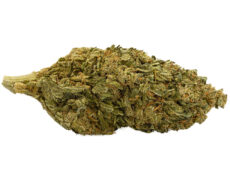Modified on: 19/04/2024
ALL THE EFFECTS OF MARIJUANA: THIS IS WHAT IT DOES TO OUR BODY
Marijuana is undoubtedly one of the most controversial substances today.
Whether it is legal cannabis with a high CBD content, hashish or hemp Sativa with a high THC content – prohibition (for almost a century) is widespread in nearly every country in the world.
-
 SMALL & BIG
SMALL & BIGBUBBLEGUM
Starting from: 1,25CHF/gIndoor | CBD – CBDA <22%
Grams3 5 10 20 50 100 -


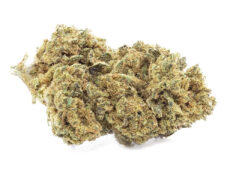
DO SI DOS
Starting from: 2,00CHF/gIndoor | CBD – CBDA < 19%
Grams3 5 10 20 50 100 -


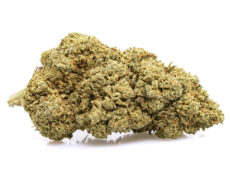
ROYAL GG#4
Starting from: 2,30CHF/gIndoor | CBD – CBDA < 40%
Grams3 5 10 20 50 100 -


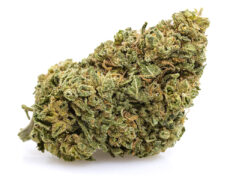
GORILLA GLUE
Starting from: 2,90CHF/gIndoor | CBD – CBDA < 20%
Grams3 5 10 20 50 100
The reason for this is mainly the effects of cannabis or rather the effects of THC. But what is marijuana used for? Is the behaviour of the ordinary smoker really so terrible that it justifies the demonisation of cannabis, even CBD buds?
In this article, we will try to answer these and other questions about cannabis and its effects on the human body.
How is marijuana used, and what are its effects?
Marijuana is probably the most widespread and most widely used drug in the world and is mainly inhaled. Thanks to this method, in which the cannabis CBD flowers (and often the resin or hashish) are burned with various tools, the effects on the psyche are very rapid.
It is estimated that marijuana reaches its maximum concentration in the blood after about half an hour. In addition to inhalation, many people use marijuana by ingesting it, and the effects occur more slowly but last several hours longer than inhalation.
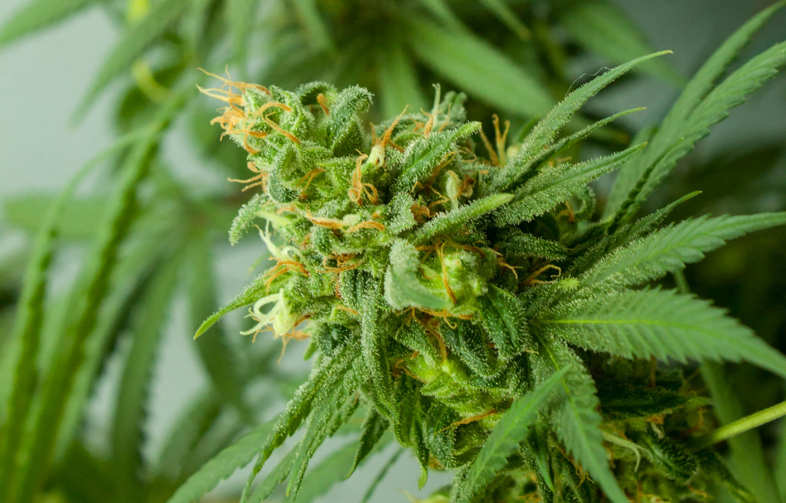

Why is cannabis considered a drug?
Marijuana is a plant that produces flowers rich in cannabinoids. Of these, THC (tetrahydrocannabinol) is the main responsible for the effects of cannabis on the body and mind.
It is why the different cannabis are considered to be drugs, although their effects are much milder and less dangerous than those of hard drugs such as cocaine, heroin, etc.
In this case, however, we are dealing with marijuana rich in THC. On the other hand, CBD weed or legal cannabis, which is rich in CBD, has a meagre percentage of THC, which does not affect our body and mind.
While THC is a psychoactive cannabinoid, CBD only affects our body. The reason for this difference is the different interaction of the cannabinoids with the CB1 and CB2 receptors of the human endocannabinoid system.
Read also: Marijuana and the elderly: an encouraging progress in the United States.
What makes marijuana legal and what makes cannabis with a high THC content?
As you have just read, a CBD Flower has a high CBD content and minimal THC (less than 1% according to Swiss legislation, more elevated in other states).
It is, therefore, the CBD, cannabidiol, which is responsible for the effects of light hemp. Here is what they are :
- Painkillers
- Antiphlogistics
- Antiemetic (inhibits nausea and vomiting)
- Antioxidant
- Immunomodulator
- Antispasmodic
- Lowering of blood pressure
All of these effects are incredibly beneficial to health and are concentrated on the physical level, so the CBD is the subject of extensive medical and scientific research.
Traditional” marijuana, on the other hand, has a high content of THC, a psychotropic cannabinoid, which, after ingestion, produces the following effects (directly related to the method of consumption, the quantity, the load of cannabis and the way the body reacts to this cannabinoid):
- Possible acute effects of THC:
- Strong euphoria and/or strong relaxation
- Change in the perception of time and space
- Accelerated pulse
- Nibbling (uncontrollable and sudden increase in appetite)
- The feeling of dry mouth
- Disturbance / discomfort
- Increased creativity
- Exacerbation of pre-existing psychotic symptoms
- Dryness and redness of the eye
- Panic
- Disinhibition
- Reduced motor skills
- Sharpening of the 5 senses
- Reduced memory
- Possible chronic effects of THC :
- Cognitive disorders
- Schizophrenia or psychosis in predisposed persons
- Amotivation Syndrome (a mental state characterised by a state of social isolation, passivity, apathy and indifference)
Are the effects of THC, and therefore marijuana, dangerous?
Some of the effects of marijuana with high THC content are dangerous for the user, especially the acute effects that fade after a few hours at most.
For example, changes in the perception of space-time and disinhibition increase the likelihood that cannabis users will commit reckless acts that they would not normally do.
The chronic effects are severe, and research suggests that the adverse psychological effects of THC are more severe in people who use marijuana before the age of 18 and over a more extended period.
We haven’t talked about addiction yet, but don’t worry – we’re getting there.
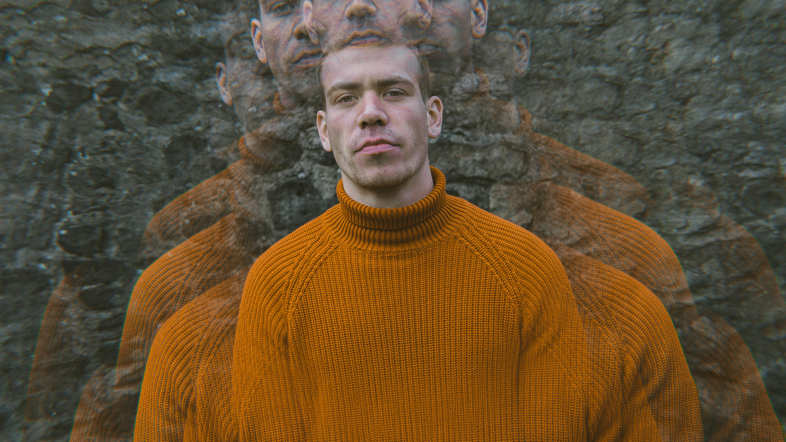

Is cannabis, like many other drugs, addictive?
Because marijuana is a soft drug, it can be addictive, but not all users develop this problem.
Addiction to cannabis manifests itself in a strong need for its effects.
When a marijuana user goes through a period of abstinence, he or she may feel restless, nervous and irritable. They may also find it difficult to fall asleep and sleep without interruption.
Read also: CBD crystals: what are they and how do they work?
Is CBD cannabis addictive?
It does not seem to be the case, because CBD has no effect on the psyche (and therefore does not make the user addicted to the sensations that occur during use).
Moreover, quantities of THC below 1% are not enough to make those who use legal cannabis addicted. It should also be noted that the CBD considerably reduces the effects of THC, which are zero in legal marijuana.
In summary, the effects of cannabis containing high levels of THC are harmful to humans (although not serious, especially when compared to other natural and non-natural medicines). In contrast, those of CBD cannabis is potentially beneficial.
Nevertheless, research on legal cannabis is still slow and has so far mainly focused on animals. We hope that the medical world will soon give us some good news on the use of CBD!


